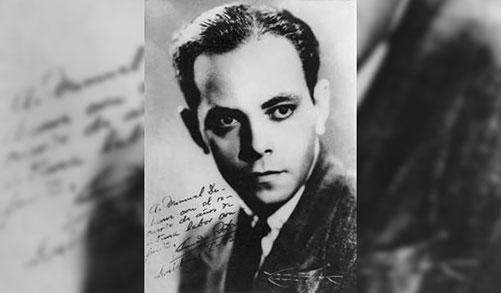His mother’s blood came from the island, while his father’s was of Spanish descent, and the mixture gave birth to an artist who improved his technique in Europe and put it into practice in the Caribbean nation until his death.
It was in Cuba where the pianist composed one of his first works entitled “Suite in G Major” and where he matured his artistic work in other highly virtuosic works such as “the Suite Motivos del Son,” based on poems by Nicolas Guillen.
According to researcher Ramon Guerra, that was Roldan’s outstanding work due to the difficult interpretation of the black chants he introduced for the first time in the symphonic music along with percussion instruments.
Roldan’s legacy remained forever in the musical stave of Cuba, which also saw him as a director of the Havana Philharmonic Orchestra and “animator of the concerts of the then New Music along with novelist Alejo Carpentier.”
Amadeo Roldan died on March 7, 1939, and after the triumph of the Cuban Revolution, the Auditorium Theater, founded in 1928 by the initiative of soprano Maria Teresa Garcia Montes de Giberga, changed its name in order to make his memory and music last forever.
pgh/iff/acl/yrv









